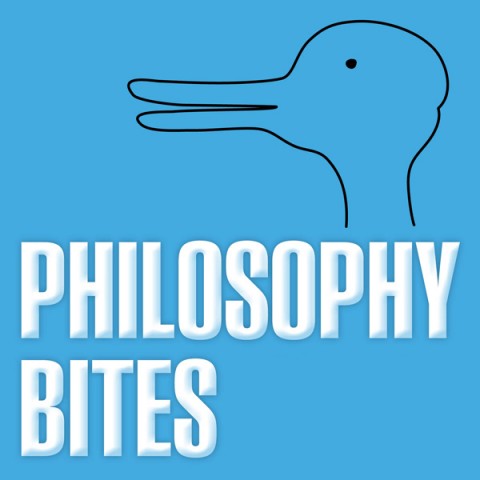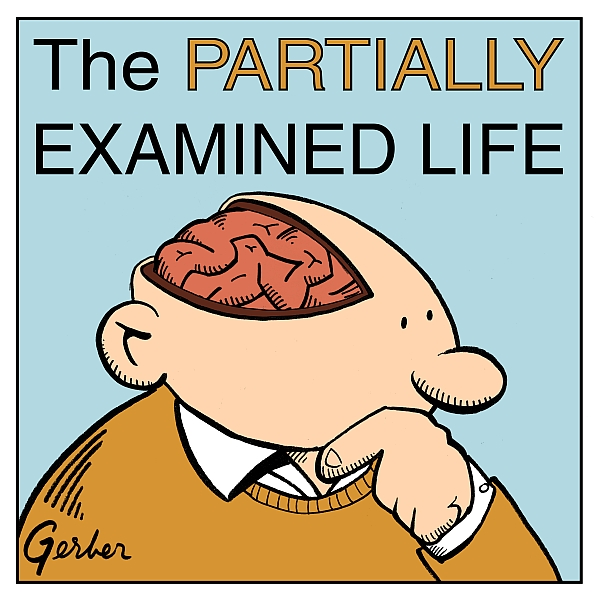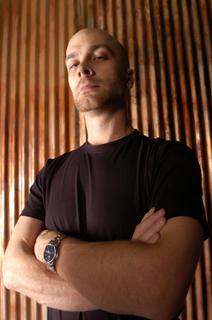I’ve spent four years writing Podthoughts, a podcast review column, for Maximumfun.org. At one podcast a week, this means I’ve listened to and written up well over 200 different podcasts. At this point, each and every one that doesn’t consist of two guys volleying shapeless complaints about their least favorite bands, movies, television shows, and sports teams comes as a drop of water in the desert. Yes, I exaggerate, but the vast creative territory offered by a form of media as fresh and open as podcasting nevertheless remains mostly unexplored. None of the blame, however, falls upon Open University lecturer Nigel Warburton and BBC producer David Edmonds, whose podcast Philosophy Bites (iTunes — Libsyn — Web) pushed the medium forward very early in its lifetime. Alas, my predecessor in Podthinking beat me to reviewing Philosophy Bites, but I later interviewed Edmonds on my own show about what it takes to craft a podcast with so many top philosophers talking about so many philosophical topics in such short spans of time, so we’ll call it even.
The Philosophy Bites canon now forms a wider-ranging, more accessible philosophy curriculum than you’ll find in any university — and notably, in these trying economic times, an infinitely cheaper one. You can pick from a variety of possible points of entry, including clear explanations of well-known concepts like Plato’s Cave and free will; philosophical perspectives on such issues of the day as the singularity and genetic enhancement in sports; discussions of Adam Smith, David Hume, and philosophy’s other luminaries of old; and conversations with modern-day philosophical luminaries like Alain de Botton and A.C. Grayling. When you’d like to move on to longer-form roundtable discussions of famous works of philosophy, start downloading The Partially Examined Life, a podcast I did get the chance to Podthink about. For the earbud-equipped and philosophically inclined, these are fruitful times indeed.
Note: Philosophy Bites recently published a book based on its podcast. And it starts by trying to answer the question. What is Philosophy? BrainPickings has more on their answers.
Related content:
55 Free Philosophy Courses
The History of Philosophy… Without Any Gaps
Colin Marshall hosts and produces Notebook on Cities and Culture. Follow him on Twitter at @colinmarshall.


 This podcast (
This podcast (
